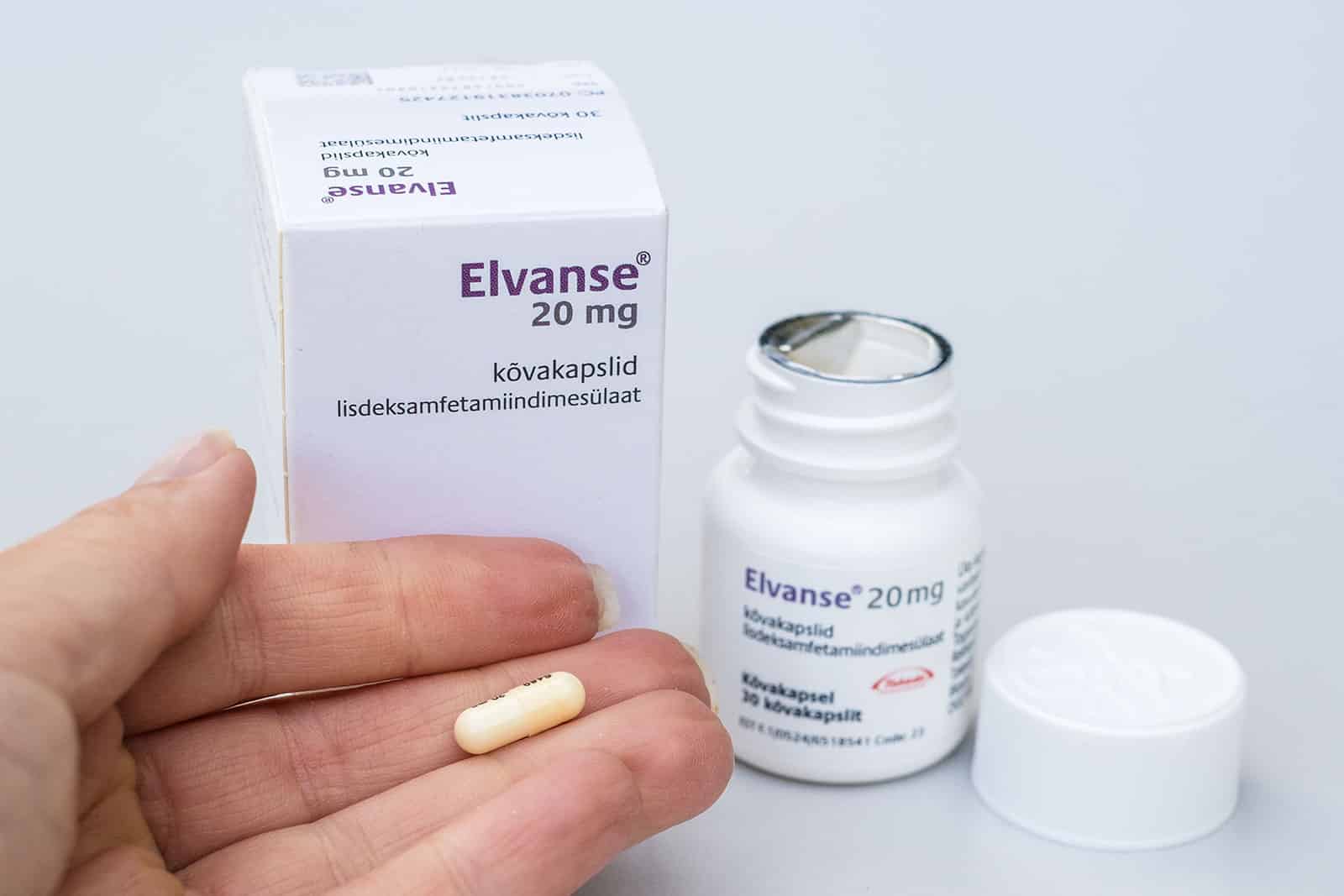CBT Therapy
We are here to recommend the best cognitive behavioral therapy groups in New York for treating substance abuse and addiction. Start Healing Today.
Cognitive Behavioral Therapy Groups in New York
Cognitive-behavioral therapy (CBT) helps to clarify the way thoughts and emotions interact. Many of us have thoughts, based on beliefs that are untrue, unrealistic, or impossible to live up to. These thoughts cause negative feelings, which feed anxiety and depression. Ultimately, the individual begins to search for means of escape or coping mechanisms. Most often, they turn to substances. Since needs are ever-present, these coping mechanisms result in addiction or substance abuse.
Addiction is a pattern of behavior that is against what an individual intends to do. Many may genuinely intend to quit, but they find it extremely difficult. CBT helps to change that narrative. It looks at the cycle of negative feelings resulting from inaccurate thoughts and subsequent addiction and substance abuse.
By examining the patterns of thoughts and feelings that you experience before using a substance, you can begin to replace those thoughts by consciously looking at situations in realistic ways that do not automatically result in substance abuse.
Over time, you replace those negative emotions with positive emotions, which become associated with healthier behaviors. Your healthy behaviors are subsequently rewarded and become an automatic coping mechanism.

What is Cognitive Behavioral Therapy Exactly?
Cognitive Behavioral Therapy (CBT) is a well-researched, effective, and timely approach that has been used to treat many mental and behavioral health conditions. It solves problems by focusing on the relationships among cognitions (or thoughts), emotions (or feelings), and behavior.
As a form of psychotherapy, CBT treats problems (such as addiction and substance abuse) and boosts happiness by modifying dysfunctional emotions, behaviors, beliefs, and thoughts towards that problem. CBT has an excellent record of effectiveness in addiction and substance abuse treatment.
As the name suggests, CBT integrates cognitive and behavioral theories to solve addiction and substance abuse problems. Although unintentional, the language used to describe substance abuse, or individuals who are addicted can be judgmental or moralistic. Since the associated stigma of addiction or substance abuse is the first barrier to help, the way that a condition is described can help lower a person’s walls.
For example, when a person is referred to as a substance “abuser” it may elicit blames and negative attitudes toward the person than if that same person is described as “having a substance use disorder.”
While traditional Freudian psychoanalysis probes childhood trauma as the root causes of addiction or substance abuse, CBT focuses on solutions. It encourages you to challenge perceptions associated with your addiction or substance abuse.
How CBT Works in Addiction Treatment
Substance abuse goes beyond physical dependence. While detox helps you kick physical dependence on a substance, there is a high risk of relapse. This is because environmental stressors, socio-economic background, and genetics are unavoidable triggers. Here is how CBT helps you:
- Because substances are often easily accessible, and quickly allows the user to feel good, they are seen as a quick and easy escape. This escape eventually becomes a normal part of everyday life even during non-stressful events as well. CBT views addiction and substance abuse as habits or learned behaviors that became coping mechanisms to handle daily stressors.
- CBT aims to target the behavior, as it can vary between individuals, and works to replace substances as coping mechanisms. Therapists support individuals faced with strong cravings, which is a major reported reason for relapse during treatment.
- CBT is done in a structured way within a limited number of sessions. During these sessions, you will quickly identify and address problem areas in your life. It is often combined with other treatments, such as medications and/or traditional psychotherapy.
- Cognitive-behavioral therapy is often conducted on a one-on-one basis with a counselor or in a group setting. In group therapy, you will be challenged and supported by peers who are also going through similar experiences. Problems are broken into smaller parts so that you can identify the thoughts, feelings, and beliefs that lead to substance abuse.
Cognitive Behavioral Therapy is an effective evidence-based method of treating substance abuse because it changes your behaviors related to addiction into positive behaviors. If you’re searching for CBT addiction treatment in New York, we are here to help you.
Help at Mid Hudson Addiction Recovery
The chronic nature of addiction and substance abuse is responsible for relapse in up to 6 in 10 people. While relapse is a normal part of recovery, for some substances, it can be very dangerous and even fatal. CBT is designed to help with relapse prevention, and it has shown great promise. According to research, 60% of patients treated with CBT did not relapse after a year.
If you reside within New York and its environs, there are quite a number of CBT groups to restore you, or a loved back to a sober life. Through our CBT groups resources in New York, access to quality and professional services is certain. Our addiction professionals have helped hundreds of people get their lives back. You or your loved one can also join these people, who now live sober lives. Do you have any questions? Call our helpline, and we will be glad to assist you





